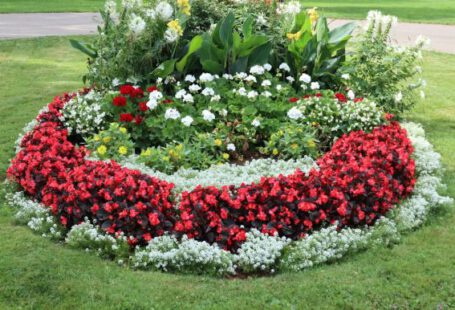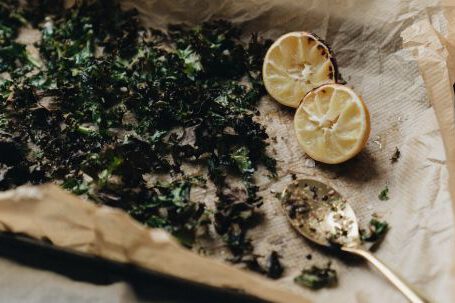Maintaining a thriving herb garden requires not only a green thumb but also effective pest control. While it may be tempting to reach for chemical pesticides, there are several natural methods that can help keep pests at bay without harming the environment or your precious herbs. In this article, we will explore some of these natural pest control techniques and how to implement them in your herb garden.
1. Create a Healthy Environment
One of the best ways to prevent pests from infesting your herb garden is to create a healthy and balanced environment for your plants. Start by ensuring that your soil is well-drained and rich in organic matter. Healthy soil promotes strong plant growth, making it less susceptible to pest attacks. Additionally, providing adequate sunlight and water will help your herbs thrive and ward off pests.
2. Companion Planting
Companion planting is an age-old technique that involves growing different plants together to benefit one another. Certain herbs and flowers can repel pests naturally, acting as natural pest deterrents. For example, planting marigolds or nasturtiums alongside your herbs can help repel aphids, whiteflies, and other common garden pests. By strategically selecting companion plants, you can create a natural barrier against pests in your herb garden.
3. Use Natural Repellents
There are several natural repellents that can be used to deter pests from your herb garden. One such repellent is garlic. Planting garlic cloves around your herbs can help repel aphids, slugs, and snails. You can also create a garlic spray by blending garlic cloves with water and spraying it directly on your plants. Other natural repellents include neem oil, which can be sprayed on plants to repel insects, and diatomaceous earth, which can be sprinkled around your herb garden to deter crawling pests.
4. Introduce Beneficial Insects
Not all insects are pests. In fact, some insects can be beneficial to your herb garden as they naturally control pest populations. Ladybugs, lacewings, and praying mantises are examples of beneficial insects that feed on aphids, mites, and other pests. By attracting these beneficial insects to your garden, you can create a natural balance and reduce the need for chemical pesticides. Planting flowers like dill, fennel, and yarrow can help attract these beneficial insects to your herb garden.
5. Regular Inspection and Maintenance
Regular inspection and maintenance of your herb garden are crucial for detecting and preventing pest infestations. Take the time to inspect your plants regularly, looking for any signs of pests or damage. Removing any infested or damaged plants immediately can help prevent the spread of pests. Additionally, practicing good garden hygiene by removing dead leaves, weeds, and debris can eliminate potential hiding places for pests.
In conclusion,
Controlling pests naturally in an herb garden is not only beneficial for your plants but also for the environment. By creating a healthy environment, practicing companion planting, using natural repellents, introducing beneficial insects, and conducting regular maintenance, you can effectively control pests without the use of harmful chemicals. Embracing these natural pest control techniques will not only protect your herb garden but also promote a sustainable and eco-friendly approach to gardening. So, roll up your sleeves and start implementing these natural methods to keep your herb garden thriving and pest-free!





